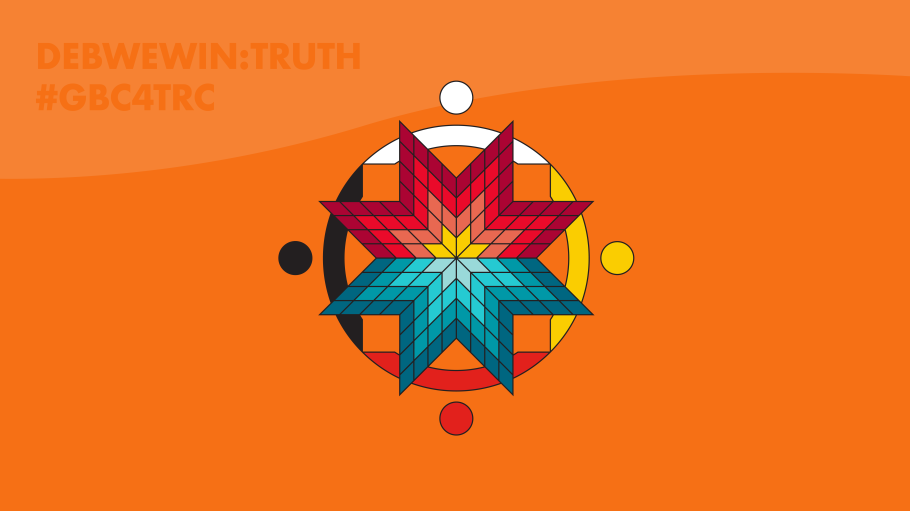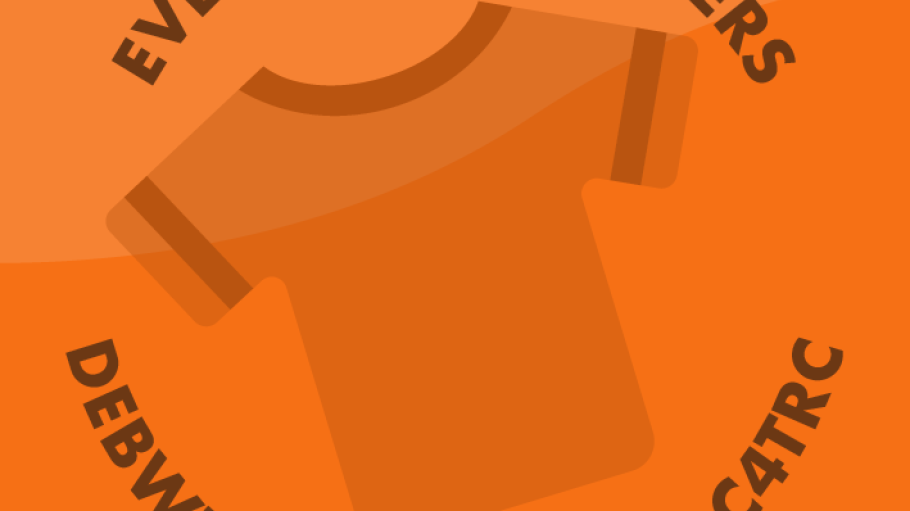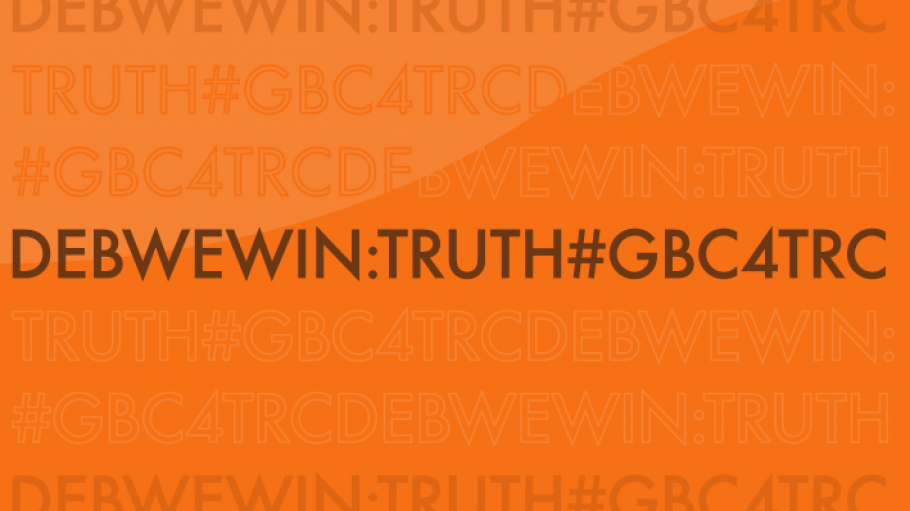
REFLECTING ON THE NATIONAL DAY FOR TRUTH & RECONCILIATION WITH A SACRED FIRE CEREMONY
September 30th is Orange Shirt Day, an Indigenous-led movement that raises awareness about the past and ongoing impacts of residential schools. It is also the National Day for Truth and Reconciliation.
To reflect, a Sacred Fire Ceremony was held at Waterfront Campus. Around the crackling fire, Fire Keeper Jim Seegers encouraged those present to reflect, remember and set good intentions.
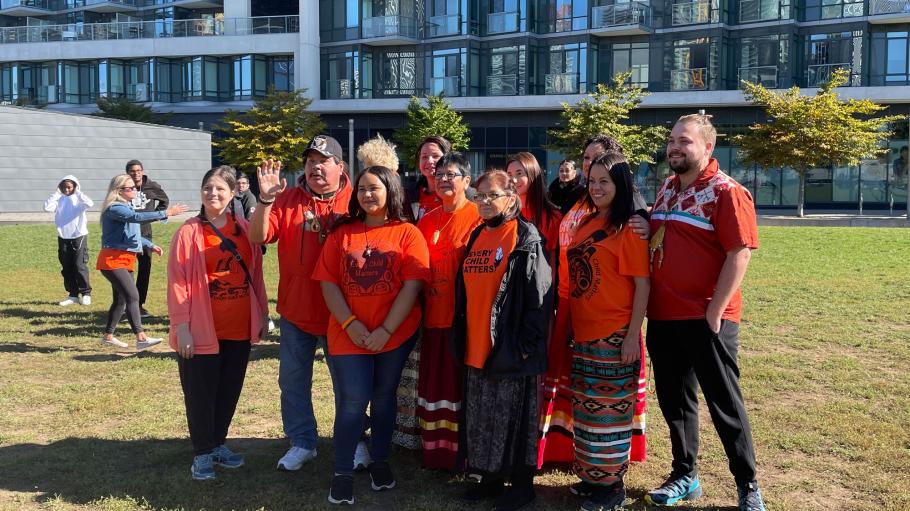
#GBC4TRC: EDUCATIONAL RESOURCES
As part of Orange Shirt Day and the National Day for Truth and Reconciliation on September 30, we're sharing content that we hope will resonate with members of the George Brown community. This content has been curated by the Indigenous Initiatives team and a short introduction to the content is available at each link.
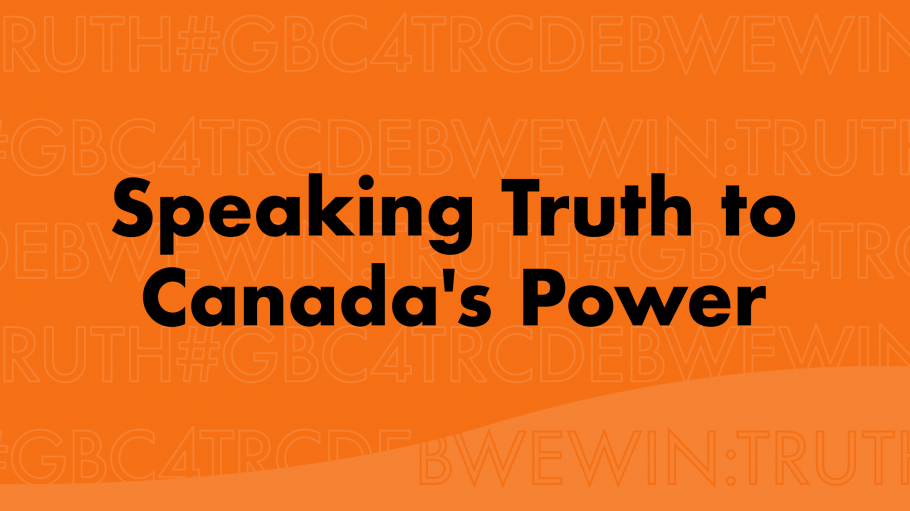
This video from TVO that features Cindy Blackstock, Executive Director of the First Nations Child and Family Caring Society and Professor at the School of Social Work at McGill University. Blackstock discusses speaking truth to Canada's power in the sobering wake of the findings of unmarked graves of Indigenous children.
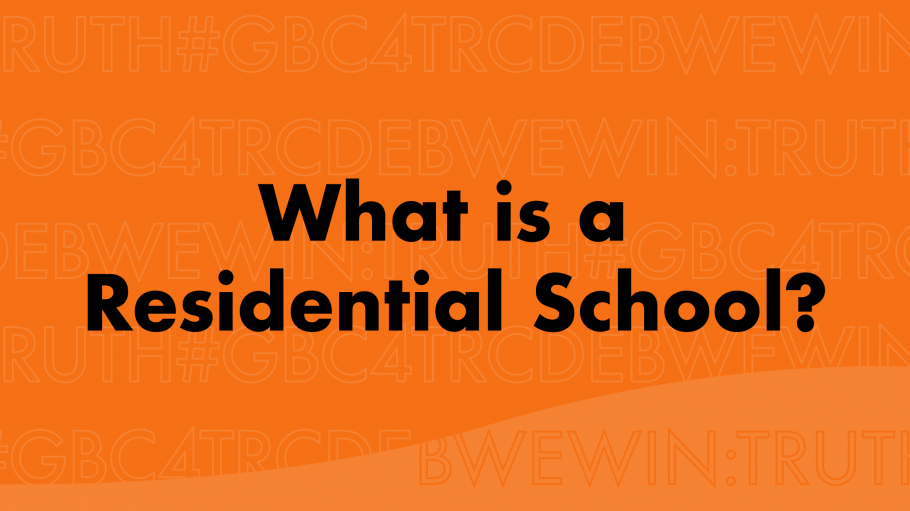
Used under agreement with TVO, this video features an excellent 2-minute answer to the question 'What is a residential school?'
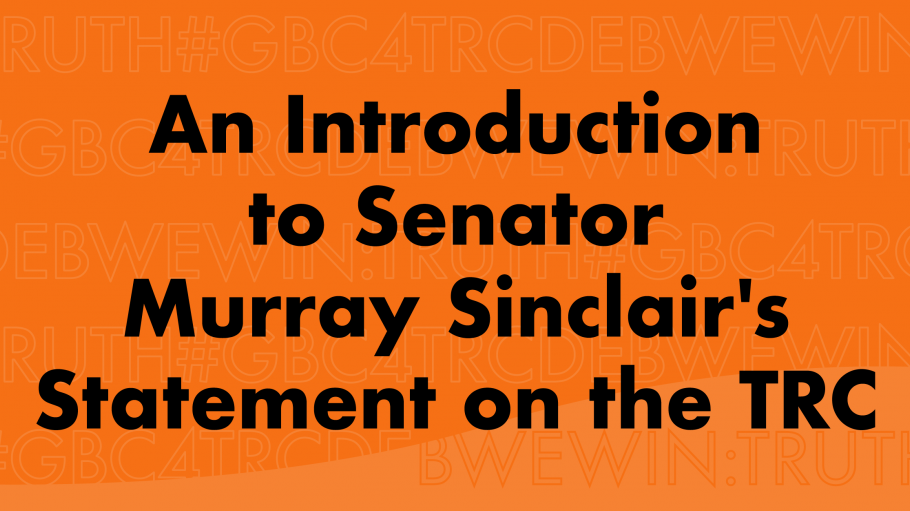
Murray Sinclair, former Chair of the Truth & Reconciliation Commission (TRC) of Canada, speaks about the discovery of bodies at the residential school in Kamloops, British Columbia, Canada.
WHAT MORE CAN I DO TO HELP?
- Read the 94 Calls To Action provided by the Truth and Reconciliation Commission
Read the Calls to Action and visit the TRC website for many additional resources regarding the Truth and Reconciliation Report. Access a child-friendly educational resource about the Truth and Reconciliation Commission of Canada’s Calls to Action provided by The First Nations Child & Family Caring Society. - Educate Yourself About Indigenous Culture
Residential schools are part of Indigenous history but not part of Indigenous culture. Educate yourself on the peoples’ culture of the traditional territory you live on. Listen, watch, and read! - Educate Yourself About the History of Residential Schools
Woodland Cultural Centre provides numerous resources about residential schools, including a monthly tour of the former Mohawk Institute Residential School.
We also recommend checking out the Witness Blanket, by artist Carey Newman, at the Canadian Museum for Human Rights and the documentary, Picking Up The Pieces, that Newman created to go along with the project. - Sharing The History
As much as it’s important to educate yourself, what you do with that information is also important. Share the history with your family, friends, workplaces, service organizations, and faith groups! These conversations can be difficult to have but they are essential. We need to ensure that future generations of children are being properly educated on Indigenous history and culture. - Support Indigenous Communities in Their Journey of Truth and Reconciliation
A donation can go a long way for these communities!
SUPPORT
Visit GBC’s Indigenous Initiatives webpages for more information about Indigenous culture, educational resources and services for the George Brown Community.
WARNING: This page contains details about abuse and the residential school system which some readers may find distressing. Support is available 24/7 through the National Indian Residential School Crisis Line for former students and those affected 1-866-925-4419.
